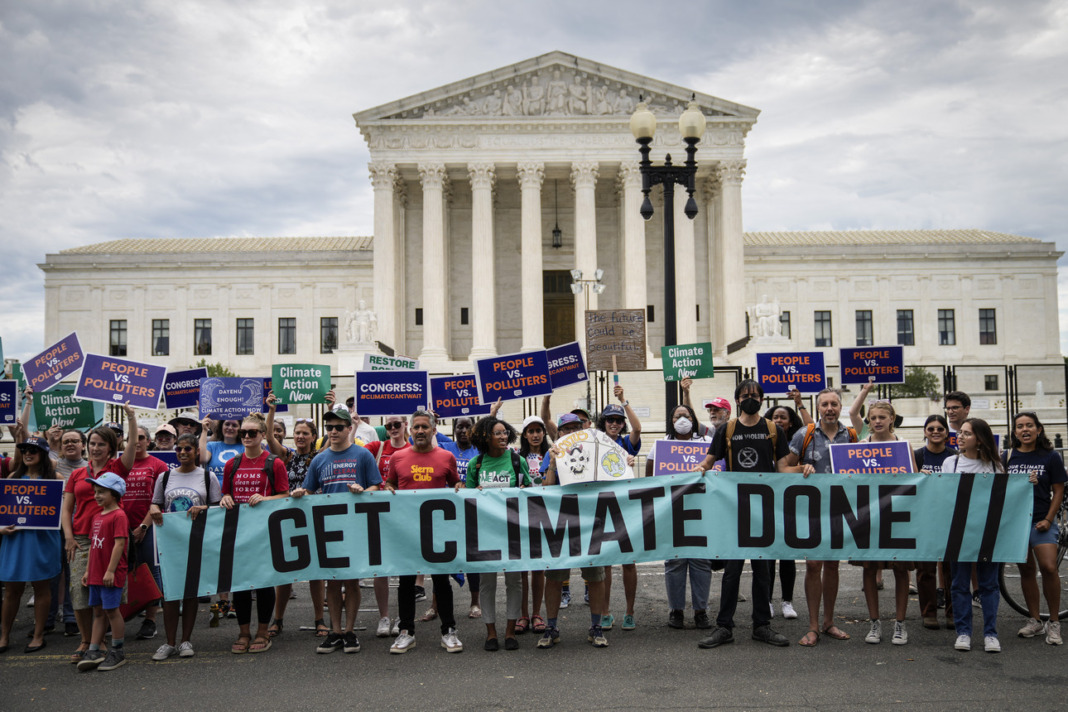In a world where climate change is reshaping landscapes and livelihoods, its toll on human health is becoming increasingly apparent. A groundbreaking study, recently published in the esteemed medical journal Neurology, has revealed a sobering reality: extreme temperatures associated with climate change are driving a surge in stroke-related deaths. With more than half a million lives lost to strokes triggered by temperature extremes in 2019 alone, the urgency of addressing this global health crisis cannot be overstated.
Led by researchers from Xiangya Hospital Central South University in China, the study delved into data from 204 countries and territories, spanning over three decades from 1990 to 2019. Their findings paint a stark picture: strokes linked to both high and low temperatures have been steadily rising across the globe, affecting individuals of all ages. While men seem to bear a higher burden of stroke incidence related to extreme temperatures, the impact is felt universally.
The study’s lead author emphasized that the surge in stroke cases cannot be solely attributed to population growth and aging. Instead, “nonoptimal temperatures” play a significant role, with 2019 witnessing a disturbing spike in stroke fatalities due to low temperatures, defying conventional assumptions about the effects of global warming. This underscores the complex interplay between climate dynamics and human health outcomes.
Climate change exacerbates temperature extremes, disrupting weather patterns and amplifying the risk of strokes. While warmer temperatures predominate on land, the destabilization of the polar vortex—a critical cold air mass encircling the poles—can lead to unexpected cold snaps in certain regions, compounding the health risks associated with extreme temperatures.
The repercussions of this health crisis are not evenly distributed. Stroke-related deaths linked to temperature extremes disproportionately afflict impoverished regions with fragile healthcare systems, particularly in Africa. Central Asia, too, faces a mounting burden of stroke mortality due to rising temperatures, necessitating urgent intervention to mitigate the looming crisis.
Dr. Mary Rice, an associate professor of medicine at Harvard Medical School, stressed the imperative of addressing climate-related health risks comprehensively. Her recent research underscores the breadth of diseases exacerbated by climate change, ranging from allergies to autoimmune conditions, highlighting the interconnectedness of environmental degradation and public health.
Despite the clear correlation between climate change and strokes, the precise physiological mechanisms remain underexplored. However, emerging research suggests that both extreme heat and cold can trigger physiological responses that increase the risk of stroke, such as hypercoagulability and vasoconstriction.
Dr. Ali Saad, a neurologist affiliated with the Climate and Health Program at the University of Colorado, emphasized the importance of proactive measures to mitigate the impact of extreme temperatures on stroke risk. Educating patients about the dangers of temperature extremes and providing them with tools to monitor weather alerts can empower individuals to protect their health in a changing climate.
Furthermore, the study’s implications extend beyond strokes to encompass a broader spectrum of health challenges exacerbated by climate change. From respiratory ailments exacerbated by air pollution to vector-borne diseases spreading into new territories, the intersection of climate and health poses multifaceted challenges that demand urgent attention and concerted action.
As the world continues to struggle with the escalating health consequences of climate change, urgent action is needed to address the root causes of environmental degradation and safeguard public health against the growing threat of strokes and other climate-related ailments. Without immediate global intervention, the toll of preventable deaths and disabilities will continue to rise, underscoring the critical need for coordinated efforts to confront the climate crisis head-on.



